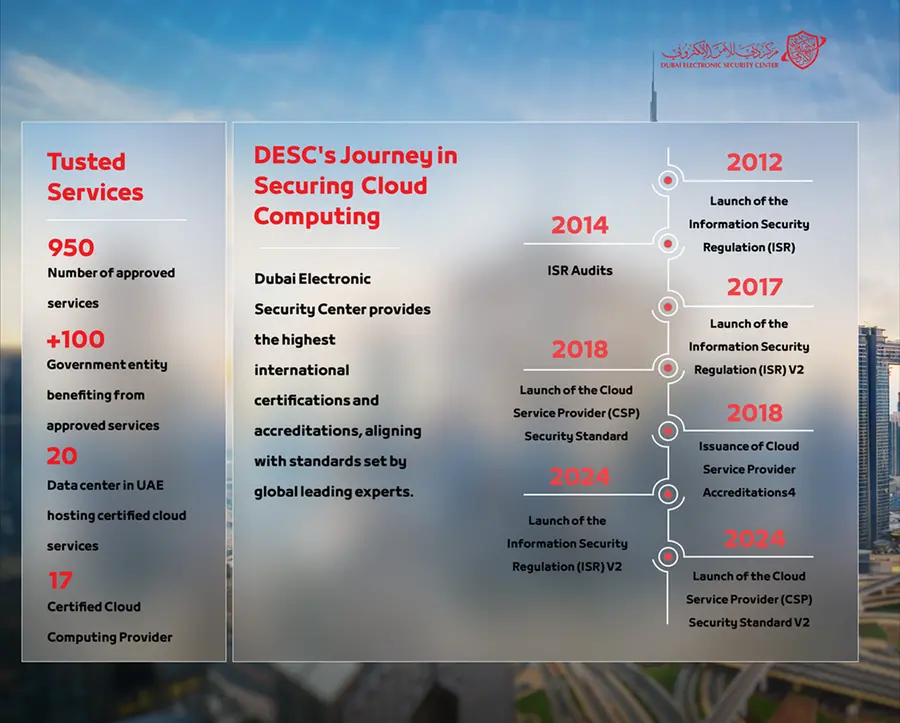PHOTO
Among future global trends in digital transformation, cloud computing has emerged as a prerequisite for a world that wishes to make the most of significant technological transformations. Experts are forecasting significant contributions to the global economy by 2030 from several emerging technologies. Artificial intelligence (AI) is projected to add $15 trillion, blockchain technology $2.1 trillion, and virtual and augmented reality $3 trillion. Additionally, fifth-generation communications technology, which marks a substantial transformation in human life, is anticipated to contribute an extra $13 trillion to the global economy by 2035.
These figures paint a future picture of a more intertwined, intelligent and sophisticated world than many can imagine. Since the practical application of these emerging technologies depend closely on the stability, flexibility, responsiveness and networking of digital infrastructure, flexible and stable cloud computing has become an essential condition for enabling the success of digital transformation and smart cities.
In recent years, reliance on cloud computing has seen a marked and growing increase. Currently, 98% of companies worldwide utilize cloud services in at least some part of their business operations, reflecting the growing global confidence in cloud computing. This trend underscores the shift towards cloud solutions as a viable alternative to traditional on-premises devices and servers, positioning cloud computing as a fundamental pillar in the future of technology and the digital economy. This is especially true among government entities, which are increasingly relying on cloud solutions to deliver their services more effectively and efficiently.


However, cloud computing in general is not without risks and challenges for governments to prepare for and proactively address. At the top of the list of these challenges is cybersecurity, as part of the overall security and security system at social, economic and other levels.
Turning to data protection, concerns remain over whether information stored on the cloud is vulnerable to malware, hacks and malware, leading to a need for the upholding of data protection standards and controls, such as encryption and continuous security updates.
These considerations were part of the future thinking underpinning the strategic vision of the Dubai Electronic Security Center, launched by His Highness Sheikh Hamdan bin Mohammed bin Rashid Al Maktoum, Crown Prince of Dubai, Deputy Prime Minister and Minister of Defence, President of the Dubai Executive Council, which aligns with the four main pillars of the second cycle of the Dubai Cyber Security Strategy: a cyber-secure society, an incubator city for innovation, a resilient cyber city, and active cyber collaboration.
Cyber Partnerships
Dubai Electronic Security Center has launched several initiatives, including ‘The Cloud Service Provider’ (CSP) Security Policy was developed in accordance with the highest international certifications and accreditations, aligning with standards set by leading global experts. This document specifies the requirements, guidelines, and security controls that CSPs, as well as government and semi-government entities in Dubai using cloud computing services, must follow to ensure flexibility and business continuity in the face of potential threats.
The number of cloud-based services certified by the Center has reached over 950 services, while the number of authorized providers of cloud computing services is 17. The number of data centers hosting cloud services reached 20 within the UAE with more than 100 government entities benefiting from these certified services.
His Excellency Yousuf Hamad Al Shaibani, Chief Executive at Dubai Electronic Security Center, emphasized that the Center's efforts to enhance cloud computing security align with its vision of making Dubai the safest place in cyberspace, protecting its information, and addressing surrounding risks. He noted that these efforts will help consolidate Dubai's economic prosperity and ensure the city keeps pace with the technological advancements and smart transformation foundations that have established Dubai as a global capital of innovation, as well positioning the Emirate as an ideal hub for electronic security.
Al Shaibani noted that the projects initiated by the DESC under the theme of redefining cloud computing security are crucial for safeguarding Dubai amid an era of rapid technological advancements. These initiatives seek to protect the Emirate’s cyberspace by improving information systems and data security, enforcing strong protection measures, and offering continuous technical and advisory support to government entities and sectors. Moreover, these initiatives encourage the maintenance of cybersecurity, the promotion of its development, as well as compliance with essential standards.




















